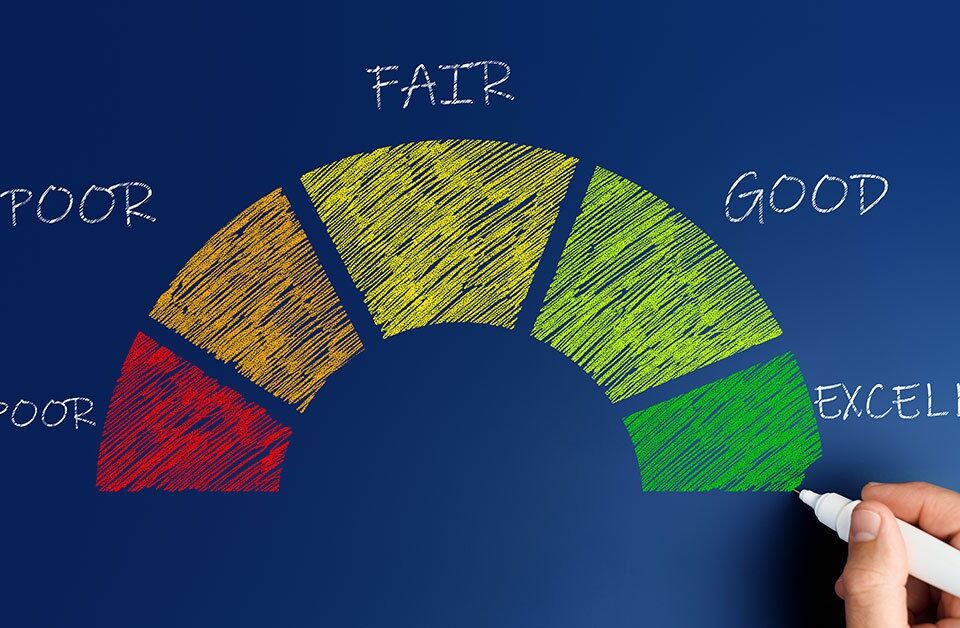Raising Money-Smart Kids

Quarterly Market Review: January 2025
January 1, 2025By: Chris Daunhauer
As a family financial planner, I’m often asked for ideas on raising money-smart kids. It’s a great question, one every parent should ask. Your child’s ability to handle money and credit is more important than what college he attends, or even what career she pursues. Most parents spend hundreds of hours sharing their knowledge of a particular sports team, trade, or hobby but very little time teaching the basics of money management.
I make it a point to ask my wealthy clients where they learned how to work, save, and invest so well, and most say they learned it from parents. I ask clients who are struggling with debt, overspending, and lack of savings where they learned their habits and I usually hear the same answer. What you teach your children about money (either good or bad) has a great influence on their success in life.
The skills you teach will vary by age, but eight to ten principles form the basis for all of the lessons. Here are three of those principles, with some example lessons to get you started:
Needs are different from wants
Without guidance, most everything children buy is a want, because parents already cover their needs. Parents who fail to teach the difference aren’t being fair to their children. Have young children make lists of needs vs. wants, or give them a list of items to put into the correct category. Talk with your children about your own spending decisions. When you want something, but decide not to buy it because of other priorities, explain your reasoning to them. As they get older, begin to give them some of the money that you would have spent on their needs and make them responsible for managing it and making those purchases. I’ve seen teenagers become careful shoppers almost overnight when they realize that the clothing allowance they’ve just received from Mom is all they will get for clothes for the next three months.
Financial decisions have consequences
Good decisions lead to security and increased options, bad decisions to stress and constant shortages. For young children, find simple ways to let them experience both good and bad consequences. If you normally give your daughter a $10 allowance on Friday, offer her $15 if she will wait until Monday. Permit your son to spend all of his money on the first thing he wants to buy, and then continue to point out other desirable items that he can’t have because he already spent all of his money. Make a show of adding “interest” to your children’s piggy banks to reward their decision to forego spending everything they receive. For older children and larger purchases that require accumulating money over several months, match their savings dollar-for-dollar to encourage persistence toward the goal. Don’t worry about being manipulative; that’s entirely the point. Talk with your children about these lessons, what you’re doing, and why; their questions and your answers will make the lessons even more instructive.
Saving and giving can be just as satisfying as spending
Teaching this principle requires extra effort, but it’s likely the most valuable one. Make saving for emergencies and future purchases an expectation and a habit. A planner in my office with two young sons bought each of them a piggy bank with three compartments; one for Giving, another for Saving, and a third for Spending. Their dad set ground rules for the minimum percent of their allowances and birthday money that must go into each compartment, but beyond that, the boys are free do as they wish. They love making decisions, and the chance to do three things instead of one with their money is a treat. I shared his experience with George, a client of mine, and George built a similar bank for his son Andrew. Over the course of several months Andrew saved (with a generous match from his dad) enough to buy his first new bike. The excitement of the bike purchase lasted a few days, after which Andrew turned his attention to the money in the Giving portion of his bank. “That’s for sharing with others,” his dad explained, and the following Sunday Andrew enjoyed “spending” that money into the offering plate at his church. George enjoys the financial planning that he does with his son, and he feels great about the life lessons he’s teaching.
Just like George is to Andrew, so you are your children’s primary source of information about money. Schools don’t teach the principles well, if at all, and no one has the credibility you do. Talking to your children about wise money management may force you to confront some of your own failures, but don’t let that dissuade you. It’s a critical life skill, they’ll thank you later, and your retirement years will be much more pleasant if your adult children are financially independent.




